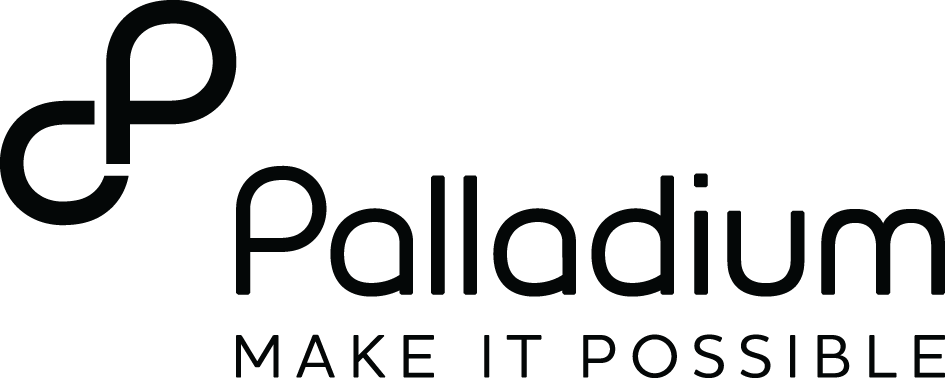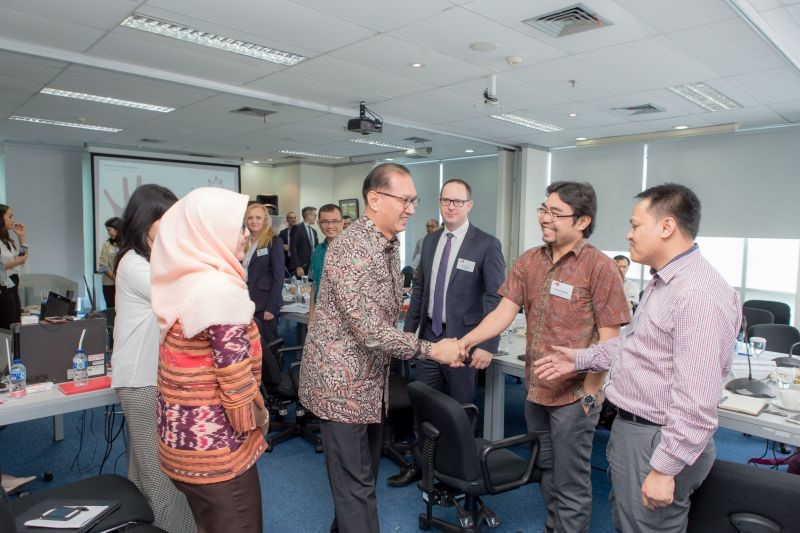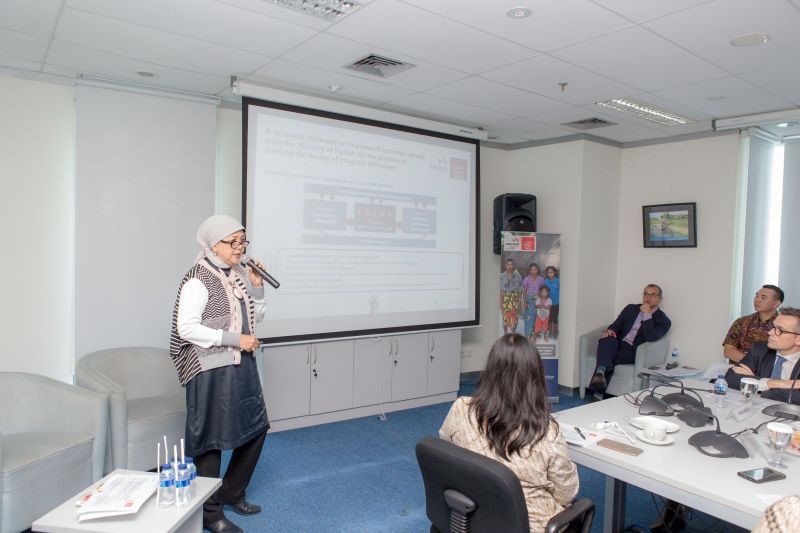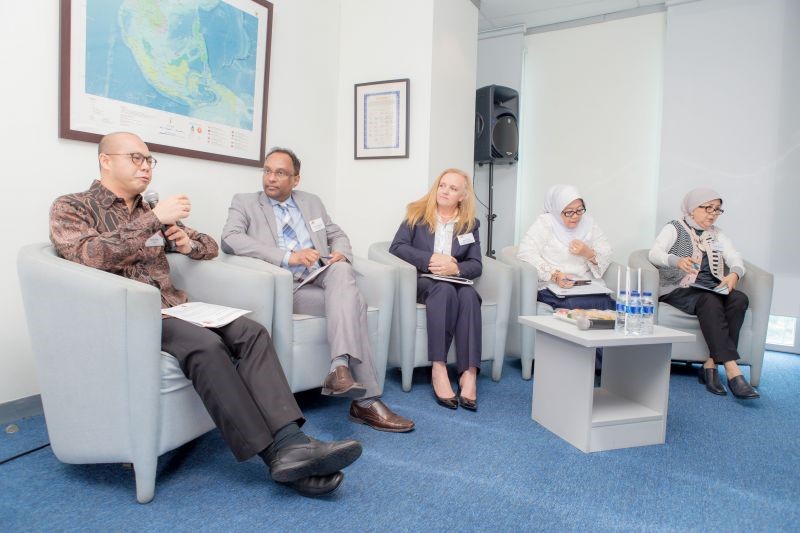|

By Bapak Armando Cubillan, Director of Palladium Indonesia
January 12, 2017
 |
What if Indonesia could dramatically prevent the high risk of diabetes and hypertension by increasing the amount of funds available and by better designing, organizing and managing the execution of related social change interventions?
Projected growth figures show that Indonesia will soon become the world’s 4th most populated country by 2030. Diabetes prevalence among Indonesia’s youth is significantly high and growing rapidly. The health condition is directly correlated to poverty and the productivity lost due to complications associated with the disease. If left unaddressed, it will continue to represent a challenge for Indonesia and become a bottleneck to poverty alleviation.
Consequently, an initial intervention called Cegah Risiko Tinggi, meaning ‘High Risk Prevention,’ has been initiated as part of the larger Indonesia Mampu Program developed by Palladium along with The Secretariat of National Team Accelerate Poverty (TNP2K) TNP2K. This approach is Government of Indonesia endorsed, yet will be driven by the private sector.
Cegah Risiko Tinggi Technical Workshop
 |
The Cegah Risiko Tinggi Technical Workshop hosted earlier this month between Palladium and TNP2K brought stakeholders together to discuss a development strategy for diabetes and hypertension prevention initiatives in Indonesia. To open the December 1, 2016 workshop, Bapak Bambang Widianto, Deputy for Human Development and Equality and Executive Secretary of TNP2K, highlighted the magnitude of diabetes in Indonesia. He stressed how the government cannot act alone in solving this problem. A solution to such complex and deeply entrenched problem, he suggested, is to build a partnership between the government, businesses, and civil society. This partnership model, based on collective impact, is consistent with the United Nation’s framework in achieving Sustainable Development Goals. It also aligns with Palladium's Positive Impact approach to create enduring social and economic value. During his remarks, Bapak Bambang emphasized that the partnership should be grounded on a shared vision and be both sustainable and commercially viable.
Following the keynote, Palladium’s Global Health Director Dr. Farley Cleghorn, shared international best practice in addressing health interventions. According to Dr. Cleghorn, the key to successful health intervention is efficiency, or as he put it, “doing the right thing with the right dose at the right time for the right people.” The intervention must be targeted so as to measure impact with greater accuracy. He also added that intervention for prevention purposes should satisfy a certain number of criteria. These include the simultaneous use of different classes of activities such as medical, behavioural, and structural interventions. In addition, interventions should operate on multiple levels of society to respond to both general population and high-risk people, and should be achieved through partnership engagement.
 |
Palladium's Global Health Director Dr. Farley Cleghorn at the Cegah Risiko Tinggi technical workshop.
|
Ibu Prastuti Soewondo, Head of the TNP2K Social Health Insurance Policy Working Group, took to the floor and shared the Ministry of Health endorsed diabetes prevention intervention framework designed by Palladium and TNP2K. The new framework offered an improvement to the Ministry of Health's existing “five-desk” model. Beneficial in many ways, the framework allows stakeholders to enhance promotional health campaigns, develop multiple channels for registration and diabetes screening activities, utilise information technology to improve data collection and impact measurement while creating a central database for continuous monitoring. Accompanied by a set of Key Performance Indicators, the approach is expected to prevent growth of high risk of diabetes and hypertension in Indonesia.
Palladium’s Asia Pacific Managing Partner, Bapak Joan Cabezas, encouraged private sector participants to partake in the coalition for diabetes and hypertension prevention. He explained that diabetes is costing lives and compromising Indonesia’s future generation, and that a Positive Impact approach is the ideal solution to solve 21st century problems. Under a collective impact model, each partner brings unique and complementary capabilities to the joint design and delivery of targeted initiatives.
Attending private sector participants expressed their enthusiasm in joining the partnership, and shared how the approach is relevant to their business. They also discussed the bottlenecks that have made the achievement of meaningful social and economic impact a challenge in Indonesia’s healthcare space.
To close the workshop, Bapak Armando Cubillan, Director of Palladium Indonesia, put forward a call to action and invited all attendees to participate in the coalition. Though short, the workshop was a good first step in inspiring a diverse range of stakeholders to work together to create Positive Impact and ensure a healthier and more prosperous Indonesia.
|